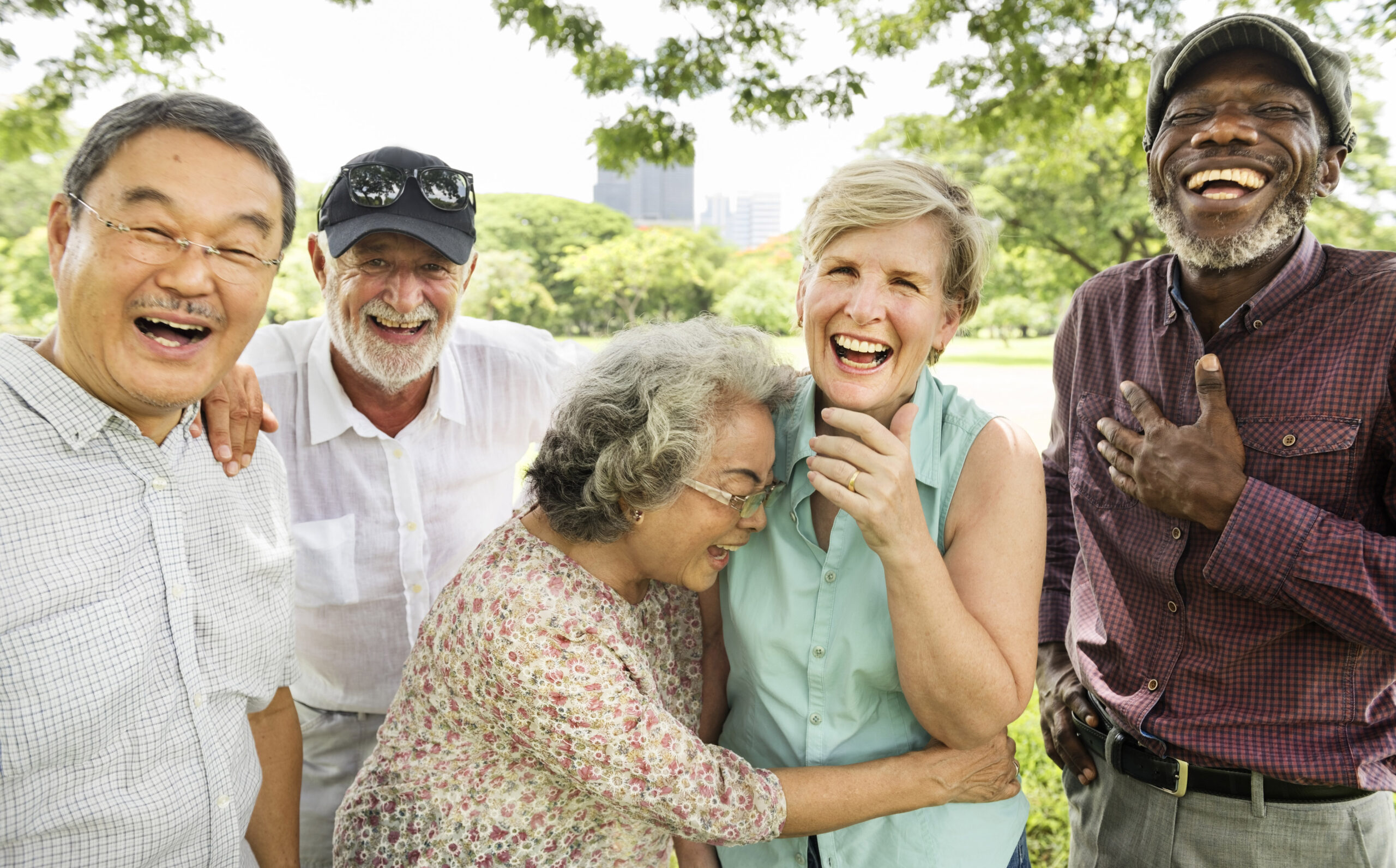Parents hope their children will find friends that will enrich their lives, and offer companionship, comfort and many fun memories. But with each life transition, children and adults alike may have to seek out new friendships following a move, a change in circumstances, or as some relationships end. Older adults who have had a core social group for many years may lose friends to time or distance, and find it challenging to make new connections – awkward as it may be, it helps to know that others may be looking at making new friends as well.
According to a recent NPR Life Kit article, it may feel strange to reach out to a new acquaintance for a get-together, but the act of being vulnerable is the only way to gain new friendships. Someone has to make the first move. Most people have room in their lives for a new friend who can offer a unique experience and perspective. Having strong social ties can help prevent isolation and depression in later life, and is important for emotional, physical and cognitive health.
Participating in activities you already enjoy is a great way to meet new people. Try switching up your routine with a new class or one at a different time and day. Doing something you are truly interested in pursuing will help to create opportunities for authentic connections. Because people are busy with work, family, or caregiving duties, it’s important to schedule time for friendships. Just as with romantic relationships, platonic friendships require time and attention to thrive.
In order to have friends that can be counted upon, we have to listen and take notice of the things, and people who are important to our friends. To be present and engaged with people we consider friends, it may require a bit of advanced thought regarding what you would like to talk about and planning a few questions to ask to get the ball rolling. During difficult times, and all the little moments in between life’s highs and lows, being a friend that shows up for their “tribe” will be remembered and help create the bonds that hold people together.
We have to show up for ourselves daily to be our best selves, and to create meaningful relationships, we also must show up for others in a way that helps them feel seen, part of a community, and validated. This kind of connection doesn’t just happen – it requires intention and effort. But with a little practice and some healthy boundaries, we can develop the ability to be a generous, empathetic, and encouraging friend.
Learn more about showing up for friends to build strong bonds by following this link to a recent BuzzFeed Goodful post.






Add Your Voice
0 Comments
Join the Discussion